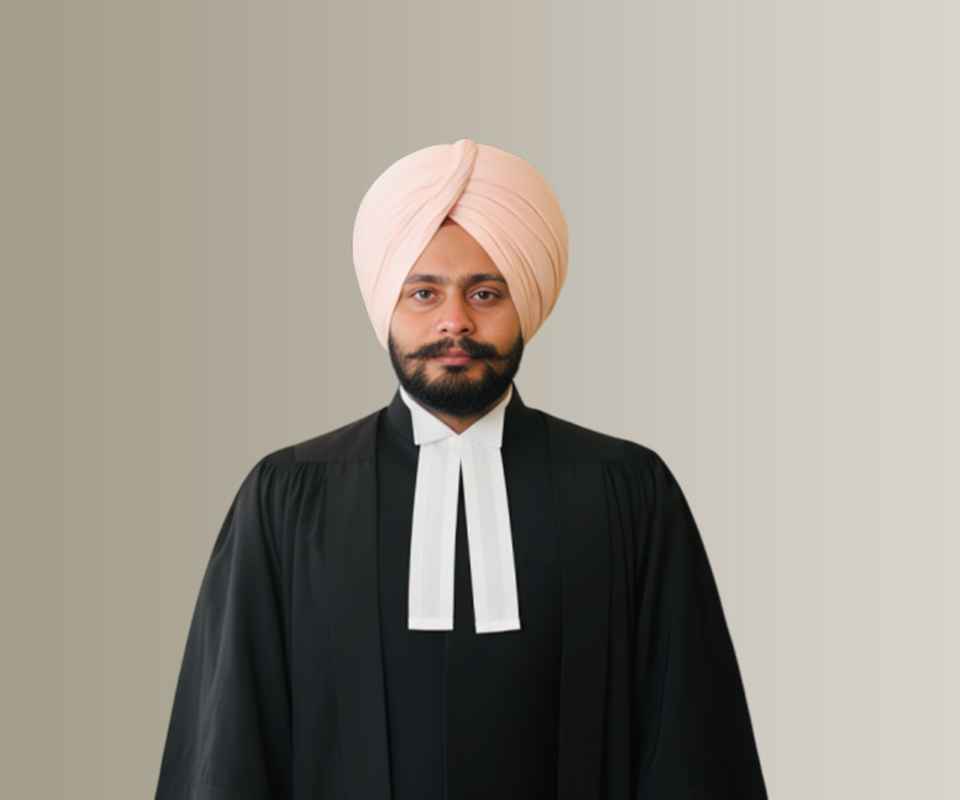Answer By law4u team
In India, both single men and single women are legally permitted to adopt children under specific conditions. The process and eligibility criteria for single adoption are defined by various laws, including the Juvenile Justice (Care and Protection of Children) Act, 2015 and the Hindu Adoption and Maintenance Act (HAMA), 1956, depending on the religion and the specific legal framework governing the adoption.
However, while single adoption is allowed, there are certain criteria and restrictions that need to be met by single applicants. The role of the Central Adoption Resource Authority (CARA) is central in regulating the adoption process in India, ensuring that the adoption is done in the best interest of the child and follows legal guidelines.
Can Single Men or Women Adopt Children?
Yes, single men and women can adopt children in India, but there are specific legal provisions, eligibility criteria, and conditions for them:
1. Eligibility Criteria for Single Women
- Age Requirement: A single woman applicant must be at least 25 years old. She must also be at least 21 years older than the child she wishes to adopt.
- Marital Status: The applicant must be unmarried, divorced, or widowed. If divorced or widowed, she must show a minimum 2-year gap after the divorce or the spouse's death.
- Health and Financial Stability: The applicant must be financially stable and able to provide a safe and stable environment for the child.
- Psychological Assessment: A thorough home study report (HSR) is required to evaluate the psychological stability and preparedness of the woman for adopting a child.
- Child Preference: The woman may indicate her preference for the gender of the child she wishes to adopt (though gender preference might be restricted in certain circumstances).
2. Eligibility Criteria for Single Men
- Age Requirement: A single man applicant must be at least 30 years old and at least 21 years older than the child he intends to adopt.
- Marital Status: Single men can adopt under Indian law, but they are generally not allowed to adopt a female child. This is a restriction in place due to the perceived social and cultural concerns about single men raising female children, especially in a traditional society.
- Health and Financial Stability: Like single women, single men must be financially capable of raising a child and provide a healthy living environment.
- Psychological Assessment: The man must undergo a home study report (HSR) to assess his psychological fitness and preparedness for the adoption process.
3. Adoption Process for Single Parents
Whether a single man or a woman, the adoption process for single applicants is largely the same as it is for couples, though there are a few additional considerations:
Registration with CARA-Approved Agency:
The first step is to register with a recognized adoption agency approved by the Central Adoption Resource Authority (CARA). This could be a government or a private agency. The agency will collect personal and financial details, conduct a home study, and assess the applicant’s suitability to adopt.
Home Study Report (HSR):
A social worker visits the home to evaluate the potential adoptive parent’s living situation, health, psychological stability, financial condition, and overall preparedness for adoption.
This step is critical to ensure that the child will be placed in a safe, loving, and nurturing environment.
Matching the Child:
After the agency assesses the eligibility, it will match the applicant with a child. The applicant can express preferences regarding the age, gender, and special needs of the child, though these preferences will be balanced with the child's best interests.
Trial Placement:
If a match is found, the child is placed with the single parent on a trial basis, typically for a period of 15-30 days. This allows both the parent and child to adjust to each other before finalizing the adoption.
Adoption Petition in Court:
After the trial placement period, the single parent can file a petition in family court for formal adoption. The court will review the home study report, the child’s legal status, and the placement process before granting the adoption order.
Finalization and Birth Certificate:
Once the court approves the adoption, it issues a final adoption order, and the birth certificate is amended to reflect the name of the adoptive parent(s).
4. Restrictions for Single Men
Gender of the Child:
The most significant restriction for single men is that they cannot adopt a female child. This restriction is not imposed on single women; they can adopt both male and female children.
Reasons for Restrictions:
The restriction on single men adopting a female child is based on social concerns, particularly regarding the safety and well-being of a female child in a single male household. These concerns are rooted in cultural and societal norms. However, single men can adopt a male child.
5. Adoption Under Different Laws
Hindu Adoption and Maintenance Act (HAMA), 1956:
Hindu single men and women can adopt a child under HAMA, provided they meet the age and other conditions specified. A single man can adopt a male child, and a single woman can adopt either a male or female child.
Juvenile Justice (Care and Protection of Children) Act, 2015:
This law allows single men and women to adopt children, including those who are abandoned, orphaned, or in need of care and protection. The procedure outlined in this Act applies to both inter-country and in-country adoptions.
6. Role of CARA
The Central Adoption Resource Authority (CARA) is a statutory body under the Ministry of Women and Child Development, Government of India, that regulates and monitors adoption procedures in India. CARA ensures that adoptions are carried out in the best interests of the child. It also:
- Approves adoption agencies that facilitate both domestic and international adoptions.
- Maintains a list of available children for adoption.
- Ensures compliance with the Juvenile Justice Act and CARA Guidelines.
Example
Ravi, a 35-year-old single man from Mumbai, wishes to adopt a child. He is financially stable, emotionally mature, and has a supportive family. Ravi registers with a CARA-approved adoption agency and completes the required home study report.
After meeting the eligibility criteria and undergoing the necessary assessments, Ravi is matched with a 2-year-old boy, Aarav.
After the trial period, Ravi files a petition in the family court, and the adoption is finalized. The court grants him legal guardianship of Aarav, and his birth certificate is updated to reflect Ravi as his legal father.
Summary
Under Indian laws, single men and women are allowed to adopt children, but there are some important restrictions and eligibility criteria. Single women can adopt both male and female children, while single men are restricted to adopting only male children. The adoption process is regulated by agencies like CARA and follows strict procedures to ensure the child’s welfare. The adoption process includes registration with an authorized adoption agency, home study, matching with a child, a trial placement, and a court petition for formalization. Although single adoption is permissible, applicants must meet specific requirements regarding age, financial stability, and psychological fitness.






